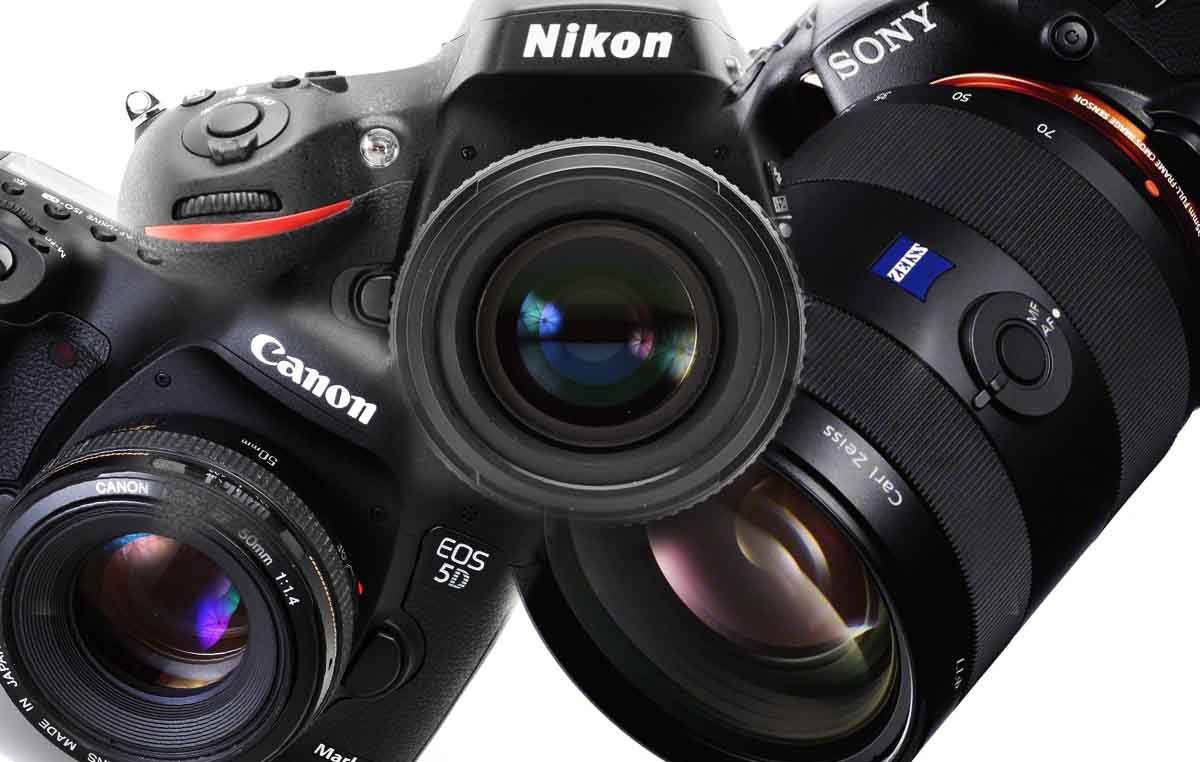The Dawn of Tamper-Proof Photography: How Nikon, Sony, and Canon are Revolutionizing Image Authenticity

TOKYO -- In an era where the line between real and fabricated content is increasingly blurred, industry giants Nikon, Sony Group, and Canon are at the forefront of a technological revolution. Their mission? To combat the rising tide of sophisticated image fakes through innovative camera technology. This groundbreaking development embeds digital signatures directly into photographs, providing a seal of authenticity that distinguishes genuine images from deepfakes.
Nikon's Pioneering Move
Nikon is set to introduce a line of mirrorless cameras equipped with this cutting-edge authentication technology. Targeting photojournalists and professionals, these cameras will feature tamper-resistant digital signatures that capture essential information like date, time, location, and the identity of the photographer. This initiative is a timely response to the growing challenge posed by highly realistic fakes, including viral deepfakes of public figures like former U.S. President Donald Trump and Japanese Prime Minister Fumio Kishida.
Verify: The Digital Truth-Teller
In a collaborative effort, an alliance encompassing global news organizations, tech companies, and camera manufacturers has launched Verify, a web-based tool for image verification. This service offers a quick and efficient way to check the credentials of an image, including its digital signature, at no cost. With Nikon, Sony, and Canon sharing a global standard for these digital signatures, the tool is poised to become a pivotal asset in the fight against fake content. Notably, Japanese companies, which dominate about 90% of the global digital camera market, are leading this charge.
Sony's Innovative Approach
Sony is not far behind in this race. Slated for release in spring 2024, Sony plans to introduce technology that integrates digital signatures into three of its professional-grade mirrorless SLR cameras via a firmware update. This technology might soon extend to videos as well. In collaboration with The Associated Press, Sony has already field-tested an authentication server that verifies whether images are AI-generated. The company aims to expand its compatible camera models and encourage wider adoption of this technology across media platforms.
Canon's Dual Strategy
Canon, too, is gearing up to launch a camera with similar features as early as 2024. Additionally, the company is developing technology to add digital signatures to videos. A project initiated in 2019, in partnership with Thomson Reuters and the Starling Lab for Data Integrity, underscores Canon's commitment to this cause. Moreover, Canon is set to release an image management app that discerns whether images are captured by humans, marking another step in their quest for digital truth.
The Broader Context
The urgency for such technologies is underscored by the capabilities of AI in creating fake images. Tsinghua University researchers recently unveiled a generative AI technology capable of producing around 700,000 images daily. In response, tech giants are ramping up their efforts. Google released a tool embedding invisible digital watermarks in AI-generated pictures, while Intel developed technology to verify image authenticity by analyzing skin color changes. Hitachi, too, is working on online identity authentication technology.
Conclusion
As the digital realm becomes increasingly susceptible to the proliferation of fake content, the initiatives by Nikon, Sony, and Canon represent a beacon of hope. By embedding digital signatures in images, these companies are not only safeguarding the integrity of photography but also reinforcing the value of truth in the digital age. This technological advancement heralds a new era where authenticity in digital imagery becomes the norm, not the exception.

Member discussion